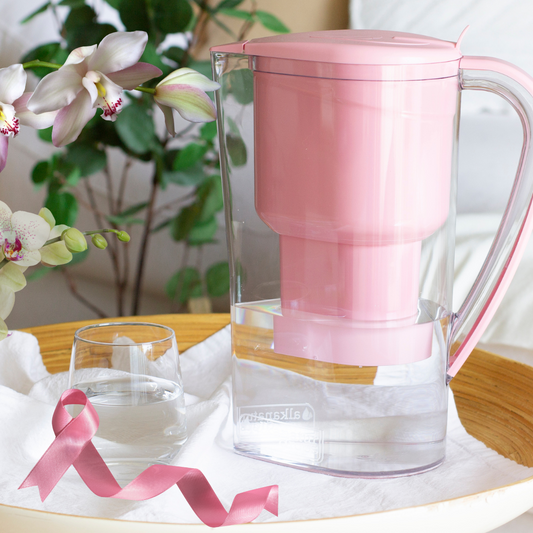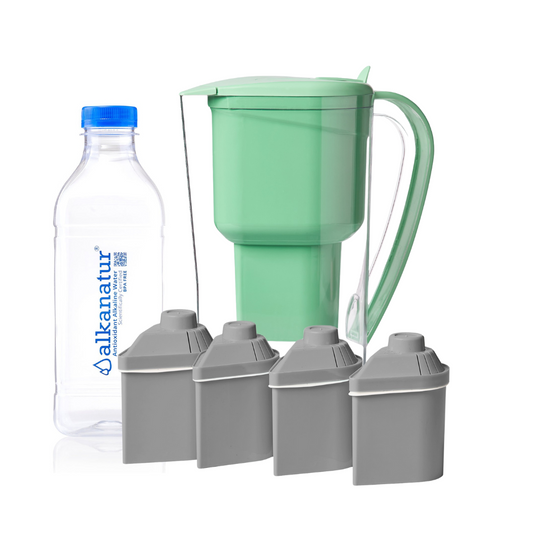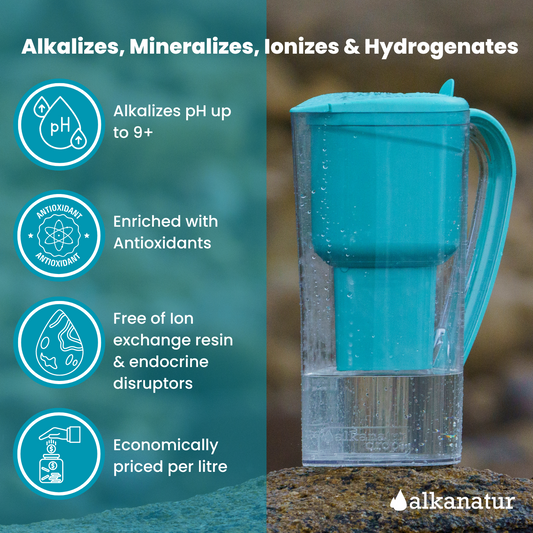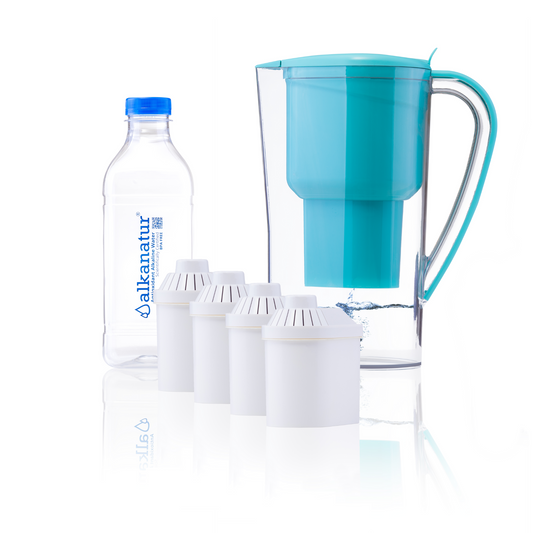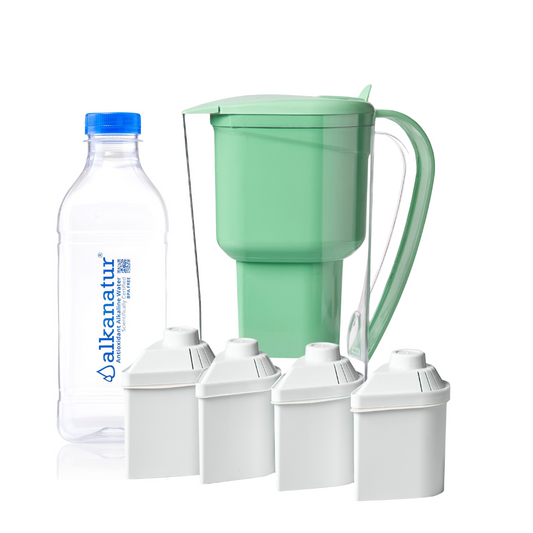Fermented drinks like ginger ale, kombucha, and water kefir are making a big comeback—and for good reason. They’re rich in probiotics, easy to make at home, and full of natural fizz and flavor. At the heart of many homemade fermented sodas is something called a ginger bug—a naturally fermented starter made from fresh ginger, sugar, and water.
But not all water is created equal when it comes to successful fermentation.
What Is a Ginger Bug?
A ginger bug is a probiotic-rich culture made by combining grated ginger, sugar, and water over several days. Natural yeasts and bacteria from the ginger and environment begin to colonize the mixture, resulting in a bubbly, slightly tangy liquid full of beneficial microorganisms. Once active, a ginger bug can be used to naturally carbonate homemade drinks like ginger beer or fruit sodas.
But here’s where water quality becomes crucial.
Why Tap Water Can Sabotage Your Ferments
Most municipal tap water contains chlorine or chloramine—chemicals added to kill harmful bacteria. Unfortunately, they also kill the good bacteria and wild yeasts needed for fermentation. This can cause your ginger bug to fail to activate, grow mold, or ferment too slowly.
Additionally, some tap water is overly acidic or contains heavy metals that can interfere with fermentation and health benefits over time.
Why Alkanatur Water Is Better for Fermentation
The Alkanatur Pitcher filters water naturally and effectively—without chemical additives or plastic leaching. Here’s why our water supports healthier, more reliable fermentation:
✅ Chlorine-Free & Purified: Our proprietary filter removes up to 99% of chlorine, chloramine, heavy metals, microplastics, and other contaminants that inhibit microbial growth.
✅ Naturally Alkaline: Ferments thrive best in slightly acidic environments, but starting with balanced alkaline water ensures a clean base that supports gradual acidification without creating harsh or imbalanced results.
✅ Rich in Antioxidants & Minerals: Unlike distilled or overly stripped water, Alkanatur water retains essential minerals like magnesium and calcium, which can support yeast activity and improve the flavor and nutritional profile of your fermented drinks.
✅ Safe for Long-Term Use: Because our filters are lab-tested for safety and don’t add any synthetic chemicals, your ferments stay clean and safe—batch after batch.
Health Benefits of Homemade Fermented Drinks
When made with high-quality ingredients—especially clean water—ginger bug-based drinks offer a wide range of benefits:
- 🌿 Support digestion and gut microbiome
- 💪 Boost immunity
- 💧 Improve hydration with added electrolytes
- 🍋 Provide a healthier alternative to sugary sodas
Ready to Start?
If you’ve been curious about trying home fermentation, there’s no better place to start than with a simple ginger bug—and no better water to use than clean, mineral-rich Alkanatur water.
Pro tip: Always use non-metal utensils, organic ginger, and high-quality filtered water to keep your ginger bug healthy and thriving.
How to Make a Simple Ginger Bug
You’ll need:
- 2 cups of Alkanatur filtered water
- 2 teaspoons grated fresh organic ginger (with peel)
- 2 teaspoons organic cane sugar
Instructions:
- Combine all ingredients in a clean glass jar.
- Cover with a breathable cloth or paper towel secured with a rubber band.
- Leave at room temperature and feed daily with 1 tsp grated ginger + 1 tsp sugar.
- Within 3–5 days, you should see bubbles forming—a sign your bug is active!
Once bubbly and slightly tangy, it’s ready to use as a natural starter for fermented drinks.
Try your first ferment with confidence—Alkanatur’s got your water covered.
Hydrate, nourish, and ferment better—naturally.
Alkanatur Annual Filter Pack | Save on a Year's Supply – Alkanatur North America



